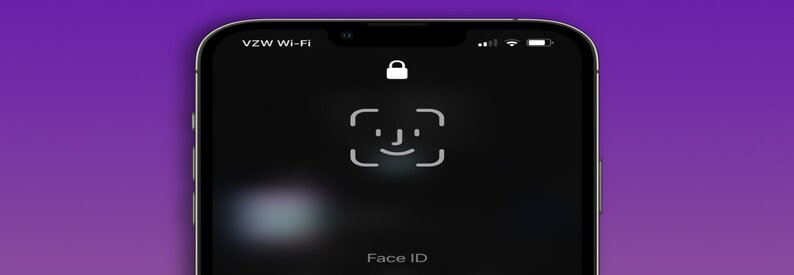Apple Wallet ID Now Accepted at Airports in Six States

Traveling through airport security just got easier for iPhone users. Apple’s Wallet ID technology is now available at security checkpoints in airports across six states, offering a more streamlined and secure way to present identification.
Since its debut on March 23, 2022, at Phoenix Sky Harbor International Airport (PHX), Apple’s Wallet ID has expanded to several states. It is now accepted at the following airports:
- Baltimore/Washington International Thurgood Marshall Airport (BWI)
- Denver International Airport (DEN)
- Hartsfield-Jackson Atlanta International Airport (ATL)
- Phoenix Sky Harbor International Airport (PHX)
- Ronald Reagan Washington National Airport (DCA)
- Cleveland Hopkins International Airport (CLE)
Apple plans to roll out this feature soon in additional states, including Connecticut, Hawaii, Iowa, Kentucky, Mississippi, Oklahoma, Puerto Rico, and Utah. However, the specific airports in these states have not yet been announced.
How Apple Wallet ID Works
Setting up Apple’s Wallet ID is straightforward. Eligible travelers need to scan their driver’s license or state ID into the Apple Wallet app, following on-screen instructions. After taking and uploading a selfie, users complete a series of facial and head movements for added security. This data is then sent to the issuing state for verification, often completed within minutes.
At the airport, travelers can present their Wallet ID by tapping their iPhone or Apple Watch at the Credential Authentication Technology reader. The TSA will request essential information such as legal name, date of birth, sex, Real ID status, and expiration dates. Users authenticate this information using Face ID or Touch ID without needing to unlock their device.
The Wallet ID feature requires iPhone models 8 or later running iOS 15.4, or Apple Watch Series 4 or later with watchOS 8.4 or later. Once the process is complete, a checkmark and “Done” will appear on the device, confirming a successful transmission.
Safety and Limitations
Apple emphasizes the security of Wallet ID, noting that all data is encrypted and protected against tampering and theft. The information is not visible to Apple or the state issuing authority, and biometric authentication ensures that only the authorized user can access the ID.
Despite these advancements, travelers are still required to carry their physical ID. TSA regulations stipulate that passengers must present a physical driver’s license or another acceptable form of ID. This is crucial in case of issues such as a dead iPhone battery, which could leave travelers without access to their digital ID.
As the technology continues to evolve and expand, Apple Wallet ID aims to make airport security more efficient, reducing the stress of fumbling for physical IDs while maintaining high security and privacy standards.
